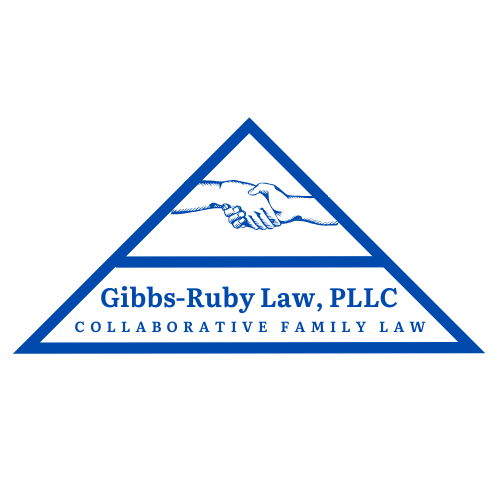Collaborative Law: A Consensual Dispute Resolution Process
Most, if not all, of our clients come to us during times of transition. These transitions carry with them different levels of stress and urgency.
For example, a client who is getting married may want a prenuptial agreement or, if the marriage has already happened, a Status of Property Agreement. Such a situation involves a lower level of stress than a divorce or a separation, though the stress involved in preparing such agreements should not be minimized.
When a family is changing as a result of a marriage, separation or divorce, however, for most people the stress is going to be greater. These family transitions can be emotionally trying and can cause financial problems. While we cannot promise to make the stress of family transitions disappear, we recognize that with the added stress comes the need for us to approach our client with the upmost respect, empathy, and intelligence.
Regardless of the issue that you bring to us, our goal is to help clients get to a place where informed decisions can be made that reflect the actual interests of the client. By taking this approach we know that any agreement that is reached reflects the actual interests of the client, rather than having a Judge or Commissioner make a ruling based solely on the “law”.
Collaborative Law: A Consensual Dispute Resolution Process
During the initial consultation with a potential client, we explore the different process options available to the client, including whether the client is a candidate for a Collaborative approach.
Our office has a preference to Collaborate, and we will not do any contested hearings or trials because we simply believe that any conflict can be resolved using Collaborative skills.
Again, we will not litigate in the traditional sense.
Anyone can litigate. All you need to do is hire a litigation attorney who will take over the case, tell you what you need to do, when to show up for deposition, hearings and trial, and then move on after the case is done. While you are asked for input along the way, the courts and your attorney control the litigation process.
A Collaborative approach to reaching resolution is different. The clients drive the process, with the help of Collaboratively trained professionals. All the participants sign a Participation Agreement at the start of the process, which modifies the rules by which the attorneys practice law. By signing the Agreement everyone who signs on to the process is agreeing to take part in the process in good faith and with integrity, full disclosure and honesty. The goal of the process is to do everything necessary to allow the clients to build a resolution that reflects as much as possible each person’s interests.
Studies have shown that there is a much higher satisfaction rate for persons who have gone through the Collaborative process than those who litigated their divorce.
Our experience has been that parties who have worked from a place of integrity and honesty to put together an agreement have fewer problems in the future. The agreements that are being built in the Collaborative structure are more durable than the decisions handed down by courts when the parties are unable to reach agreement on their own. This results in savings to the parties as they are not spending money on attorneys in the future trying to undo the results of taking their case to trial.
One of the main questions about Collaborative Law is the Disqualification requirement of the attorneys if the case terminates. It is true that if a Collaborative case terminates the attorneys cannot represent either of the parties in the litigation that follows. Thinking about this for just a little bit, however, leads to the rationale for this and to the conclusion that without the disqualification provision there could be no other way to guarantee the protection of the clients’ best interests.
The focus of family law cases should be on the well-being of the parties and the children, if there are children of the marriage. It is important that we as attorneys support our clients’ desire that we represent them with integrity and honesty in the divorce process with the ultimate goal being to fashion final agreements which reflect the goals and best interests of each party, including the best interests of any child(ren). While a Collaborative approach to the divorce process offers the opportunity to realize these goals, extreme litigation most likely will not.
Advantages of Collaborative Law
While each case is unique, our clients have mentioned that they found the following advantages to choosing the Collaborative process:
The interests and needs of my children were kept at the top of the list throughout the process.
We finished the process more quickly than we would have in litigation.
My desire to keep the costs of the process low was respected by the Team.
Given that I am happy with the agreement that is reached I do not foresee having to hire an attorney in the future to try to make changes.
I know if anything comes up in the future that my ex and I cannot reach agreement on that the Collaborative Team is there to help us reach agreement.
This process was not filled with hostility and resentment.
I found my ex and I communicating much better during and after the process then we were before. The children notice the better communication between us, which is a great positive.
